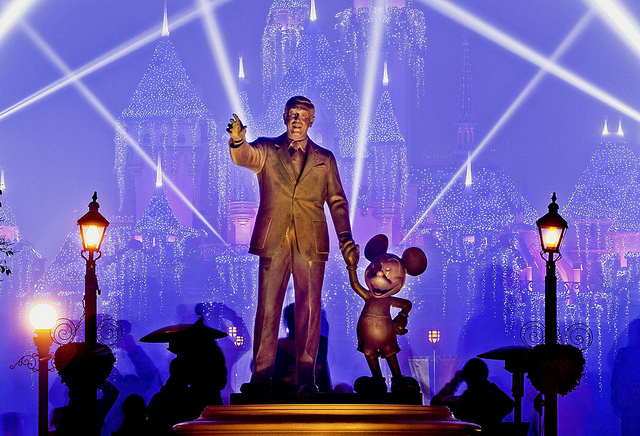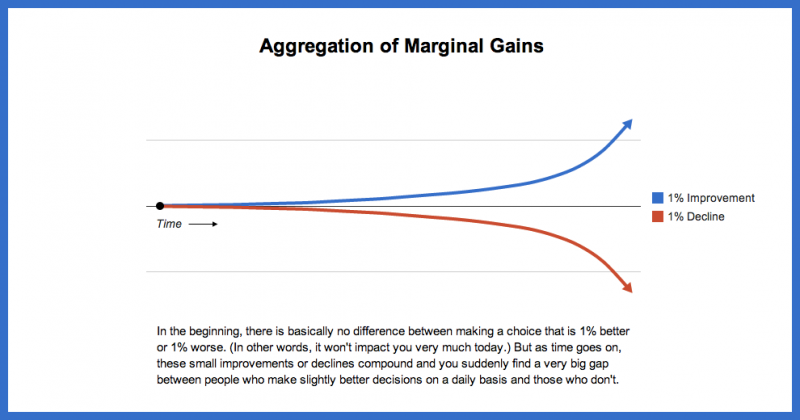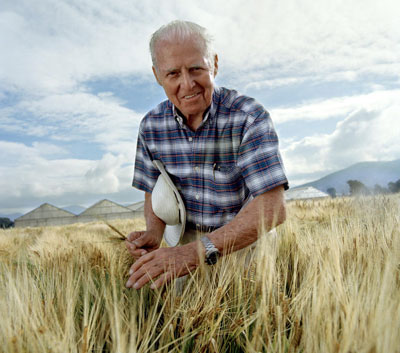
If you think about it, there’s no real reason to celebrate the coming of a new year. Its basic function is to commemorate the full circle of our planet’s rotation around the sun. We’re not remembering any particular historical or religious event or celebrating a national hero so the day seems hardly worth caring about.
Yet, I have to admit there’s something satisfying about seeing our calendar move up another number. When I see that date tick up one more year, I feel optimistic about what lies ahead; it’s a reminder of all the years I have to live and the good things still waiting for me to discover; that idea feels uplifting and hopeful.
Perhaps this feeling of optimism is due to the year I’ve had. I will always remember 2015 as the year that changed my life forever. In April, my little boy, Desmond, was born, making me a brand new father with all the caring, stress and sleepless nights that it entails.
As you might have noticed, I haven’t posted much this year. Well, Desmond’s a big reason for that. When he arrived, I decided to take an impromptu break away from blogging so I could focus entirely on family for a while. Now that things are settled here, I feel I can come back, although my posting might still be a little sporadic at first.
To get back into the swing of things, it would be good to let you know what I’ve been up to these past few months. Here are some of the highlights from this year:
1. Writing. I released a new (free) eBook – 10 Ways to Travel Endlessly (you can still get it free). The feedback has been very positive. With all the work and research that went into it, I’m thrilled to hear so many people raving about it.
2. Not only did I get a baby in 2015, but my family and I moved across the country, from Houston to Milwaukee. New baby and moving – two of the most stressful events that can happen in life and I did them both at once. Honestly, I’m surprised I’ve kept my sanity so intact.
3. Travel. Even with the baby, I’ve done a lot of traveling. The relocation gave us the opportunity for a road trip so we say Arkansas, Tennessee, Kentucky, Ohio, Michigan, Indiana, Illinois and Wisconsin. The highlight of that trip was Mammoth Caves in KY, huge – so huge.
4. International travel. In January, I went to Turkey to see Istanbul and Ephesus. Pammukale was amazing – go see it if you go to Turkey. My wife was pregnant at the time so our son wasn’t born yet, but we have his passport and are making plans for his first international trip next year.
5. I read over 60 books, more than one a week.
6. I reached my goal of reading every book by John Steinbeck , 19 in total. Plus, on a whim, I read every book by Malcolm Gladwell.
7. I finished my goal of reading every play by William Shakespeare finishing with The Tempest. 39/39 plays. This goal has been in the works for several years now.
8. Minimalism. In preparation for the move, my wife and I donated so much that we actually had to rent a van to drop everything off. It always feels so good to get rid of clutter.
9. I gave up alcohol this year. I did it as an experiment and I actually don’t miss it much.
10. I took in some masterpieces at the symphony and some new art museums.
11. I finished the first draft of my novel and I’m making my way through the second draft.
Goals and Thoughts for 2016
I’ve been carefully considering where to take my son on his first international trip (suggestions on good countries to take a baby are welcome in the comment section below). My wife and I are leaning towards Europe or Central America as a good starting point – nothing is concrete at the moment.
My wife and I already have our baby’s passport; we got it months ago. He’s already a natural traveler – curious, friendly and he’s only cried once on the dozen or so flights he’s already been on.
I’m excited to finish my novel which should happen sometime next year. With the new baby, I haven’t had as much time to write, but work on my novel has been accelerating lately. I’m very excited to finish the second draft.
Since I finished reading everything by John Steinbeck and Shakespeare, I’ve decided to read another celebrated author, William Faulkner. So I’ll be reading everything by him in mostly chronological order. We’ll see how far I get into his books this time next year.
I plan on posting more frequently in 2016. Writing is an important part of my life, something I’m passionate about and I plan to keep updating this blog as much as possible.
Best Posts of the Year
This is an abbreviated list since I took so much time off, but here are some posts I’m really proud of.
Kurt Vonnegut’s Powerful Advice for Life: How to Grow Your Soul
7 Life Lessons from the Man Who Saved Over One Billion Lives
Your Beautiful Life Will Expand When You Eliminate the Excess
 Two of my friends are starting off on a grand journey soon. In a few weeks, they’re quitting their jobs and taking six months off to travel around the world. It took them years to save up the money, but they’ve finally earned enough to take the leap.
Two of my friends are starting off on a grand journey soon. In a few weeks, they’re quitting their jobs and taking six months off to travel around the world. It took them years to save up the money, but they’ve finally earned enough to take the leap.




